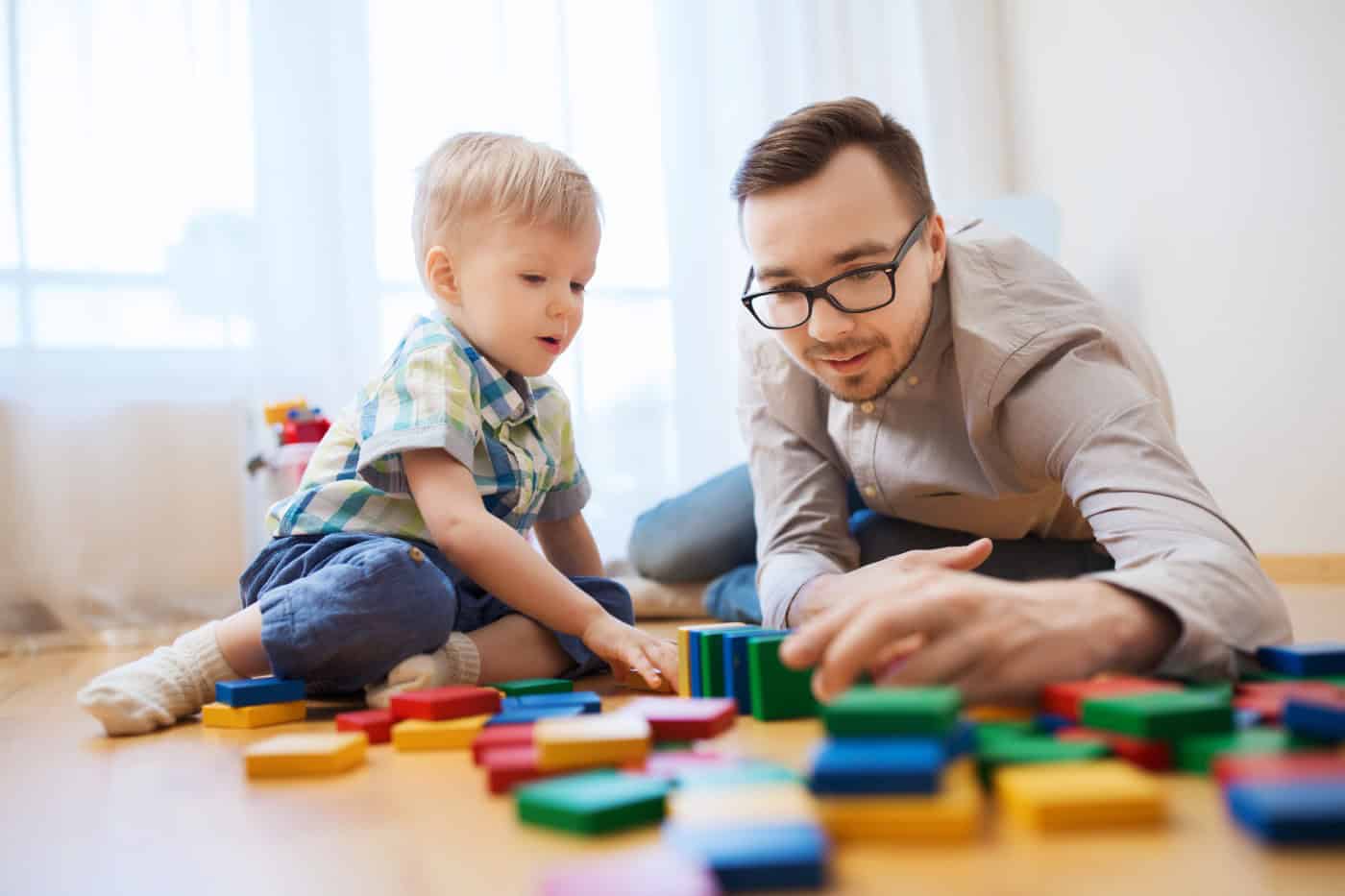
Parenting after brain injury
Nothing can ever really prepare you for what it’s like to be a parent. I thought I knew what it would be like, but I was wrong. Very wrong. Parenting starts as a 24-hour a day job, with seemingly endless jobs to be done on very little sleep. And just as soon as the physical dependency starts reducing, the practical and emotional support required ramps up. This is not to mention the daily battle of wills when it comes to getting kids ready to leave the house!
It’s certainly true that there’s never a dull moment. Parents have to fulfil numerous different roles, and it’s hard work, and a tremendous test of patience, whatever stage you’re at.
So understandably, when a parent suffers a brain injury, there is usually a significant impact on their ability to perform as a parent. Related to this is the dramatic effect a brain injury can have on an injured parent’s relationships with their children.
In this blog, I’d like to consider some of the difficulties that brain-injured parents and their families might face following brain injury, the reasons for parent/child relationship changes and where you can find help and support for improving the parenting journey and relationships with children, following brain injury.
Fulfilling parental roles after brain injury
In terms of a brain injured parent’s ability to carry out their many roles as a parent, there are numerous changes that may be of relevance.
Physical problems can lead to difficulties, including:
- Being too fatigued to go on trips out or to engage with children
- An inability to help young children with dressing/putting on shoes due to poor coordination
- Being unable to run and play outdoor games with children
Cognitive (thinking) problems can cause a multitude of issues, such as:
- an inability to plan, organise and multi-task, leading to things like sending children to school without their correct kit, or going out on day-trips without the necessary supplies. Difficulties with planning and multi-tasking can be particularly apparent when there are children of different ages, with different needs.
- a failure to assess safety risks properly, leading to a lack of adequate supervision of young children
- difficulties with reading and writing, leading to an inability to help children with homework
Emotional & behavioural difficulties can include:
- A lack of patience – losing their temper easily if children are being noisy, demanding or hyperactive
- Depression/low mood, and a lack of confidence/self-esteem, leading to a lack of motivation and withdrawing from engagement with their children
- Anxiety and obsessive behaviour, such as excessive anxiety about their children’s safety, and/or annoyance at toys not being tidied away
Additionally, if a parent has epilepsy following a brain injury they won’t be able to drive and they will be limited in the type of cooking equipment they can use.
The above are just a few examples of the wide-ranging consequences of brain injury on parenting. And this doesn’t even touch upon the all-important parent/child relationship.
Parent/child relationship changes after brain injury
Given the above, it’s not difficult to understand why parent/child relationships can be affected following brain injury. There are also some other things to bear in mind.
First, there is often an initial period of separation between a parent and their children following a brain injury. In some cases it may only be a day or two, but it’s common for brain injured parents to spend weeks, if not months, in hospital and/or rehabilitation centres. By virtue of them being away, they will probably have spent less time with their children than they otherwise would have done, and by the time the injured parent returns home, the family members at home will have settled into a different routine. The adjustment can be difficult for parents and children. Children may be less affectionate towards the brain-injured parent, who may consequently feel side-lined.
Second, when a parent who has suffered a brain injury comes home, the whole family routine often has to change (again) to accommodate the injured person. Parents who previously worked may no longer be able to, and uninjured parents and older children may take on caring roles for the injured parent. These changes in routine and responsibility can be unsettling and a source of stress for all members of the family.
Finally, after the brain-injured parent has settled back in at home, the less obvious aspects of brain injury are likely to be noticed. The brain-injured parent may have forgotten important details from a child’s life which can be difficult for the child, affecting the parent/child bond. The brain-injured parent may not be able to dedicate much (if any) time to engaging with their children, which can again, cause the children to suffer. Over time, the reality that things won’t be the same as they were before starts to sink in, and there is a much longer period of adjusting to the ‘new life’ for everyone after brain injury.
What can I do to make things better?
There is no easy solution to some of these issues, but there are many things that families with a brain-injured parent can do to re-build and improve their situation.
Strategies can include:
- Working on building a positive relationship with children, by regularly dedicating some time to doing an activity they enjoy with them
- Planning the day to avoid any specific triggers for irritability and walking away from situations that are becoming heated to get a few minutes’ headspace
- Having a well-established daily routine, an organised living space and a system for reminders, to help with memory problems
- Seeking professional help where needed, for example if low mood and/or anxiety are affecting daily functioning, a neuropsychiatrist may need to be approached.
Headway – the brain injury association, have produced a detailed guide on parenting after brain injury. It’s full of great ideas for overcoming problems and re-building as a family.
If you feel that you need professional input to help with parenting issues after brain injury, you can initially speak to your GP or your neurologist.









